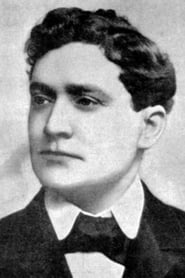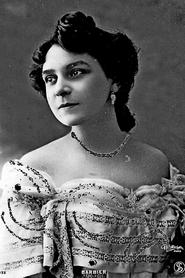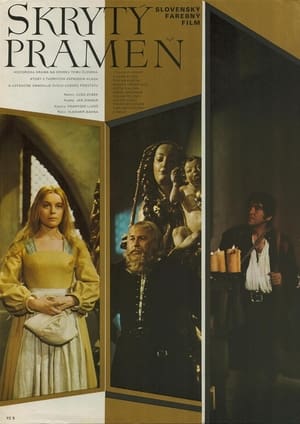Les Misérables - Part 1: Jean Valjean
Top 7 Billed Cast
Fantine Thénardier

Les misérables - Époque 1: Jean Valjean
HomePage
Overview
The story begins with Jean Valjean as a humble worker endeavoring to provide for his invalid mother. They live in a squalid home, made more wretched by his inability to provide sufficient food. He goes out in search of work, but is unsuccessful. Finally, in desperation, he steals a loaf of bread regardless of consequences. He hastens home with it, pursued by a crowd, and gives it to his mother. Valjean is arrested for the theft and sentenced to five years at hard labor.
Release Date
1913-01-01
Average
1
Rating:
0.5 startsTagline
Genres
Languages:
FrançaisKeywords
Similar Movies
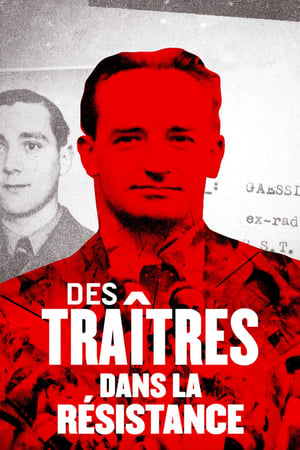 7.0
7.0Des traîtres dans la Résistance(fr)
In May 1943, Ernst Kaltenbrunner, the new head of the Reich Central Security Office, gave Hitler a report describing in detail the organization of the French Resistance. Indeed, during the Second World War, most of the Resistance networks had been infiltrated by traitors, the "V Man" (trusted men) in the service of the occupier. The Germans had established treason as a system and recruiting Frenchmen ready to inform on them was one of their priorities. It was these Frenchmen, whose number is estimated at between 20,000 and 30,000, who dealt terrible blows to the Resistance.
 6.3
6.3Kill Pinochet(es)
Chile, September 1986. Tamara, commander of the communist guerrilla group Manuel Rodríguez Patriotic Front, and her comrades-in-arms set out to overthrow the military regime installed in 1973 by assassinating the dictator Augusto Pinochet.
 9.0
9.01940: Taking over French Cinema(fr)
Paris, 1940. German occupation forces create a new film production company, Continental, and put Alfred Greven – producer, cinephile, and opportunistic businessman – in charge. During the occupation, under Joseph Goebbels’s orders, Greven hires the best artists and technicians of French cinema to produce successful, highly entertaining films, which are also strategically devoid of propaganda. Simultaneously, he takes advantage of the confiscation of Jewish property to purchase film theaters, studios and laboratories, in order to control the whole production line. His goal: to create a European Hollywood. Among the thirty feature films thus produced under the auspices of Continental, several are, to this day, considered classics of French cinema.
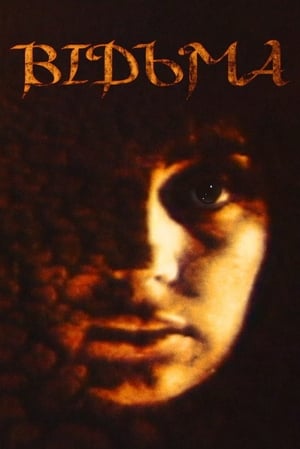 3.0
3.0The Witch(uk)
In the Ukrainian village of Konotop, the chief Centurion wants to marry a beautiful girl and asks for the help of a young witch.
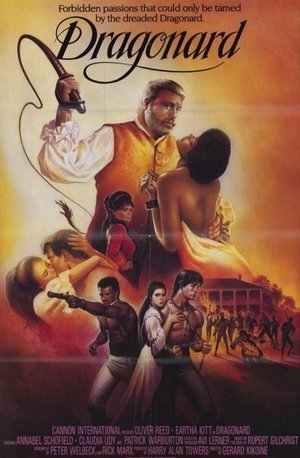 3.8
3.8Dragonard(en)
In 1747, a handsome but rebellious Scotsman named Richard Abdee is auctioned off as a slave on a Caribbean island controlled by French and British sugar-planters. When caught having sex with his owner's wife, Abdee is given 100 lashes with the dreaded "dragonard" whip. This sentence is meant to be fatal but Abdee survives and later joins in a slave revolt which puts an end to the island's era of savage whippings.
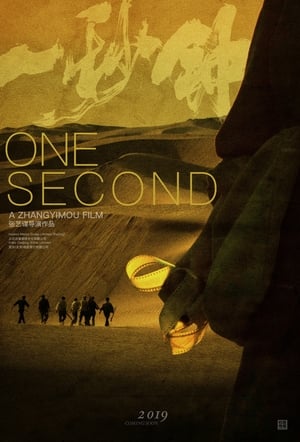 7.5
7.5One Second(zh)
A movie fan escapes from a labour camp during the Chinese Cultural Revolution and strikes up a relationship with a homeless female vagabond.
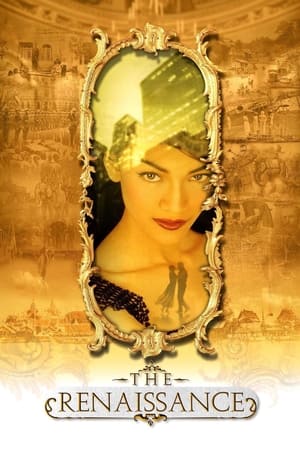 8.0
8.0The Siam Renaissance(th)
A mirror joins two worlds, modern-day Bangkok and Bangkok under Rama IV, together. Maneechan, a diplomat investigating recently uncovered documents in France concerning ancient Thailand, learns the story behind them first-hand as she travels back in time through the mirror.
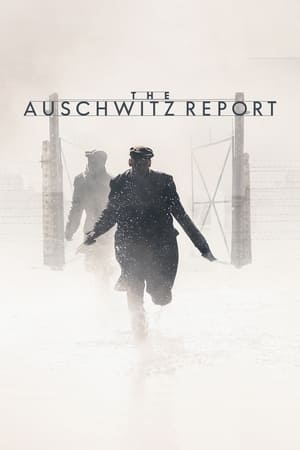 6.4
6.4The Auschwitz Report(sk)
This is the true story of Freddy and Walter – two young Slovak Jews, who were deported to Auschwitz in 1942. On 10 April 1944, after meticulous planning, they manage to escape. While the inmates they had left behind courageously stand their ground against the Nazi officers, the two men are driven on by the hope that their evidence could save lives.
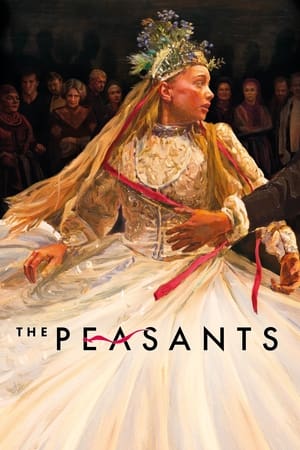 7.6
7.6The Peasants(pl)
Peasant girl Jagna is forced to marry the much older, wealthy farmer Boryna, despite her love for his son Antek. With time, Jagna becomes the object of envy and disdain with the villagers and she must fight to preserve her independence.
 7.3
7.3Brooklyn(en)
In 1950s Ireland and New York, young Eilis Lacey has to choose between two men and two countries.
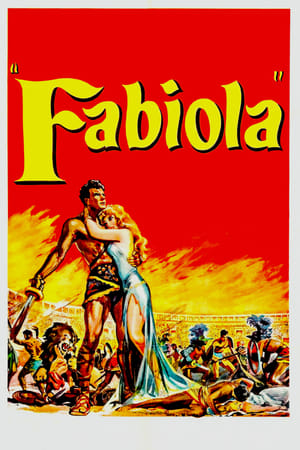 5.9
5.9Fabiola(it)
In ancient Rome a love story blossoms between Fabiola, daughter of a senator, and Rhual, a Gallic gladiator. After Fabiola's father is killed, the Romans blame the Christians and the persecution begins. Rhual confesses to being a Christian, is accused of the murder and sentenced to fight to the death in the arena.
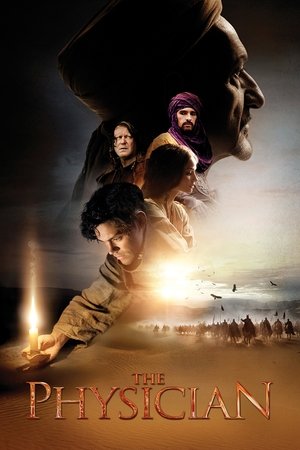 7.3
7.3The Physician(en)
England, 1021. Rob Cole, a boy born in a miserable mining town, swears to become a physician and vanquish disease and death. His harsh path of many years, a quest for knowledge besieged by countless challenges and sacrifices, leads him to the remote Isfahan, in Persia, where he meets Ibn Sina, the greatest healer of his time.
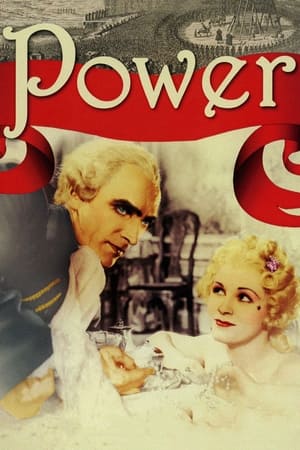 5.0
5.0Jew Süss(en)
A historical satire critical of the rising tide of Anti-Semitism in Germany. Based on the novel by Lionel Feuchtwanger, Jew Süss is the story of life in the 18th century Jewish ghetto of Württemberg. Süss (Veidt) works himself out of the ghetto and into a position of power with the help of an evil Duke.
 7.3
7.3Mrs. Harris Goes to Paris(en)
A 1950s London cleaning lady falls in love with an haute couture dress by Christian Dior and decides to gamble everything for the sake of this folly.
 7.4
7.4We're Broke, My Lord!(ja)
Koshiro Matsudaira lives in Tanjousan Bun in Echigo as a commoner and surrounded by people that love him, including his father Sakubei, who works for the Tanjousan Bun. One day, many officials working for Tanjousan Bun come to Koshiro's house and Sakubei tells his son the shocking truth about his birth. Koshiro learns that he is the son of Daimyo Ikkosai of the Tanjousan Bun. Even more shocking to Koshiro, is that Daimyo Ikkosai has suddenly handed over his feudal lord position to Koshiro and has gone into retirement. Koshiro thinks that he has come across good fortune, but he soon learns that the Tanjousan Bun has a huge debt that needs to be payed off soon.
 7.5
7.5Black Rain(ja)
Shigematsu Shizuma, who lives with his family in a village near Fukuyama, was in Hiroshima with his wife and niece just after the devastating atomic bombing, a tragedy that cruelly took the lives of thousands of people and forever marked the harsh existence of the survivors.
